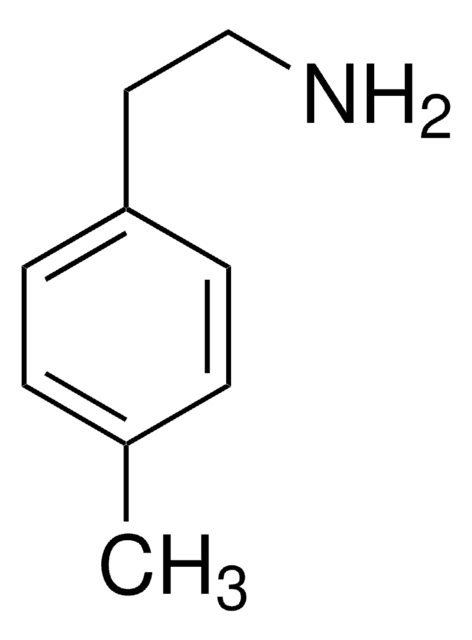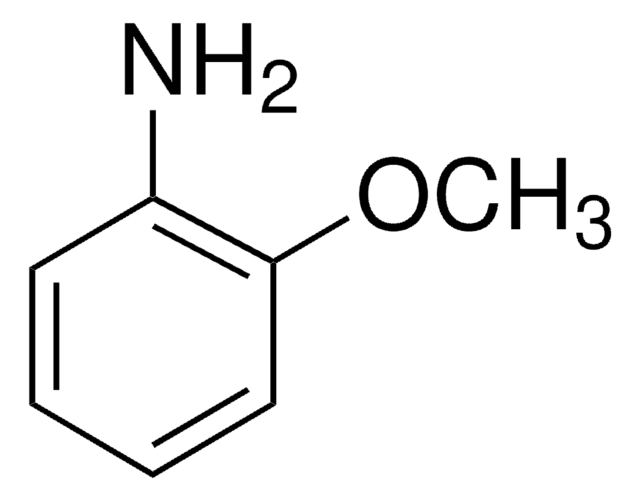326887
Aluminum
wire, diam. 0.58 mm, ≥99.99% trace metals basis
Sign Into View Organizational & Contract Pricing
About This Item
Empirical Formula (Hill Notation):
Al
CAS Number:
Molecular Weight:
26.98
EC Number:
MDL number:
UNSPSC Code:
12141702
PubChem Substance ID:
NACRES:
NA.23
Pricing and availability is not currently available.
Recommended Products
Quality Level
assay
≥99.99% trace metals basis
form
wire
autoignition temp.
1400 °F
resistivity
2.6548 μΩ-cm
diam.
0.58 mm
bp
2460 °C (lit.)
mp
660.37 °C (lit.)
density
2.7 g/mL at 25 °C (lit.)
SMILES string
[Al]
Related Categories
Quantity
10 m (approximately 7 g)
50 m (approximately 35 g)
50 m (approximately 35 g)
Storage Class
11 - Combustible Solids
wgk_germany
nwg
flash_point_f
Not applicable
flash_point_c
Not applicable
ppe
Eyeshields, Gloves, type N95 (US)
Choose from one of the most recent versions:
Already Own This Product?
Find documentation for the products that you have recently purchased in the Document Library.
Customers Also Viewed
D Ratnaweera et al.
Allergy, 61(8), 1019-1020 (2006-07-27)
A community-based study in the London Borough of Hounslow, which included patients in our District General Hospital (DGH) Paediatric Department, found that most families who had been prescribed adrenaline auto-injectors could not use them properly. This prompted the establishment of
Three-component one-pot synthesis of functionalised Z-4-benzylidene (and alkenylidene) pyrrolidines.
Azoulay S, et al.
Tetrahedron Letters, 43(51), 9311-9314 (2002)
Fan Yang et al.
Nature chemical biology, 14(9), 876-886 (2018-08-19)
Signals from 800 G-protein-coupled receptors (GPCRs) to many SH3 domain-containing proteins (SH3-CPs) regulate important physiological functions. These GPCRs may share a common pathway by signaling to SH3-CPs via agonist-dependent arrestin recruitment rather than through direct interactions. In the present study
Our team of scientists has experience in all areas of research including Life Science, Material Science, Chemical Synthesis, Chromatography, Analytical and many others.
Contact Technical Service













